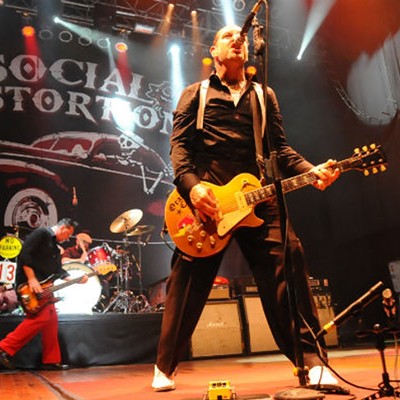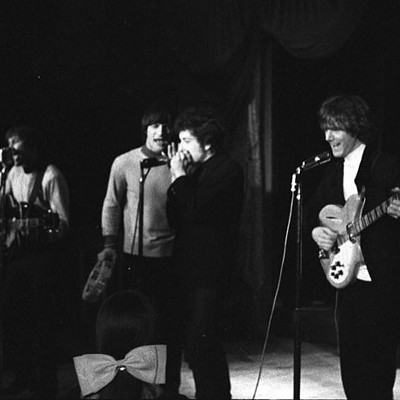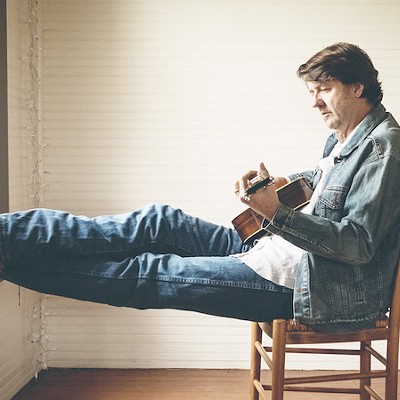Support Us
Houston's independent source of
local news and culture
account
- Welcome,
Insider - Login
- My Account
- My Newsletters
- Contribute
- Contact Us
- Sign out
Lonesome Onry and Mean: The Shadowy Depression-Era Roots of Modern Country and Bluegrass
William Michael Smith November 24, 2009 11:30AM
[
{
"name": "Related Stories / Support Us Combo",
"component": "11591218",
"insertPoint": "4",
"requiredCountToDisplay": "4"
},{
"name": "Air - Billboard - Inline Content",
"component": "11591214",
"insertPoint": "2/3",
"requiredCountToDisplay": "7"
},{
"name": "R1 - Beta - Mobile Only",
"component": "12287027",
"insertPoint": "8",
"requiredCountToDisplay": "8"
},{
"name": "Air - MediumRectangle - Inline Content - Mobile Display Size 2",
"component": "11591215",
"insertPoint": "12",
"requiredCountToDisplay": "12"
},{
"name": "Air - MediumRectangle - Inline Content - Mobile Display Size 2",
"component": "11591215",
"insertPoint": "4th",
"startingPoint": "16",
"requiredCountToDisplay": "12"
}
,{
"name": "RevContent - In Article",
"component": "12527128",
"insertPoint": "3/5",
"requiredCountToDisplay": "5"
}
]
As LOM promised in last week's blog about bluegrass, here are some precursors to that art form. These are some wonderful tunes to listen to on your boom-box or iPod while tending your illegal still.
Charlie Poole: Charlie Poole is the iconic model for every hard-drinkin', guitar-plunking, Appalachian ne'er-do-well musician. Legend has it that he bought his first banjo with profits from his moonshine still. He and his brother-in-law formed the North Carolina Ramblers and soon enough went to NYC to audition for Columbia Records. Their first sessions resulted in the hit "Don't Let Your Deal Go Down," credited by many as the first country-music hit.
"Deal" had sales of 102,000 copies - almost entirely in the South, which at that time only had around 600,000 record players! In many ways, Poole and his Ramblers invented the standard forms of both bluegrass and country music. Depressed by lagging record sales during the Great Depression, Poole went on a monumental bender and essentially drank himself to death in 1931.
Roscoe Holcomb: LOM has looked at every video on this guy we can find, and we don't think we've seen him smile once. Intense is the word that leaps to mind, even though he is already late-middle-aged to ancient in most of the photos and videos LOM has seen. One of the forerunners of what became the "high lonesome" sound of the Appalachian hills, here is Holcomb doing "John Hardy," which was also a regular song in the repertoires of rural bluesmen like Leadbelly and Blind Lemon Jefferson, and was resurrected by Uncle Tupelo on 1990's No Depression.
Dock Boggs: If you ever wondered where the "blue" in bluegrass comes from, listen to this and understand. While there may have been segregation at cafes and movie theaters, it's obvious there was little segregation in the vocal stylings of country poor folks, white or black. Noting the differences between bluegrass vocalists like Holcombe and Boggs vs. Leadbelly and Son House would take a trained dialect expert.
KEEP THE HOUSTON PRESS FREE...
Since we started the Houston Press, it has been defined as the free, independent voice of Houston, and we'd like to keep it that way. With local media under siege, it's more important than ever for us to rally support behind funding our local journalism. You can help by participating in our "I Support" program, allowing us to keep offering readers access to our incisive coverage of local news, food and culture with no paywalls.
William Michael Smith
Trending Music
- Wang Chung Headline a Musical Time Trip to the '80s...and Land on the Moon!
- Top 10 Butt-Rock Bands of All Time
- Low Cut Connie Keeps One Foot In The Gutter
-
Sponsored Content From: [%sponsoredBy%]
[%title%]

Don't Miss Out
SIGN UP for the latest
Music
news, free stuff and more!
Become a member to support the independent voice of Houston
and help keep the future of the Houston Press FREE
Use of this website constitutes acceptance of our
terms of use,
our cookies policy, and our
privacy policy
The Houston Press may earn a portion of sales from products & services purchased through links on our site from our
affiliate partners.
©2024
Houston Press, LP. All rights reserved.




